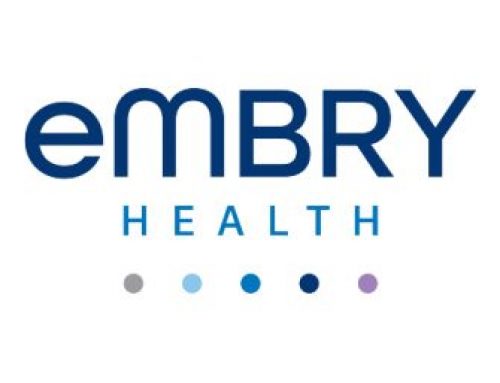This article is brought to you by: RexPay
It’s the time of year for spending time with loved ones, buying presents, and using up the funds in your Flexible Spending Account. Remember that savings account where you put aside pre-tax money for out–of–pocket medical expenses? Wondering if you should set it up next year? Let’s recap and remember why this is important to consider at this time of year.
What is an FSA?
An FSA or Flexible Spending Account is an account that you can use to pay for certain out-of-pocket health care expenditures not covered by your insurance, including deductibles, copayments, and coinsurance. While this also applies to an HSA, or Health Savings Account, there are distinct differences between FSAs and HSAs.
For example, unlike an HSA, the funds in your FSA have an expiry date. FSA funds are “use it or lose it.” This means that in most cases, you’ll lose any unspent funds left in your FSA at the end of your FSA plan year, which is typically the same as the end of the calendar year. (Some companies have a grace period or allow up to $500 to rollover.) Regardless, be sure to budget carefully and only contribute as much money to your FSA account as you think you’ll need to withdraw for eligible expenses in the plan year.
Typically, an FSA is set up by your employer. The money you contribute is not counted as income, so you don’t have to pay taxes on those funds, as long as they are used for eligible health care expenses. Want a detailed list of what’s considered an eligible expense? Check out the IRS guidelines here, or Ask Rex in the RexPay app (iOS, Android) for a brief synopsis.
How do I set up an FSA?
Unlike an HSA, an FSA can only be set up through an employer and is offered with most traditional health plans. Ask your employer if they offer an FSA and if they can help you set one up.
Here are a few differences between an FSA and an HSA:
- FSA funds expire at the end of the year. HSA funds never expire.
- An FSA is offered with traditional health plans. An HSA is offered in conjunction with high-deductible health plans.
- An FSA can only be set up through an employer. HSA setups have more flexibility.
What’s special about an FSA?
- It’s predictable: An FSA can be incredibly helpful if you have a chronic condition or if you’re planning for a pregnancy. Because such cases have measurable timelines, you can plan your costs ahead of time and ensure that you use your FSA money by the end of your plan year.
- Tax Free: Since the money saved in an FSA is put aside before it’s taxed, these accounts reduce your taxable income.
Should you get an FSA?
If you are planning to receive care in the upcoming year (or plan year) that will incur out–of–pocket expenses, consider opening an FSA.
Conclusion: take a moment to use any remaining funds in your FSA before they expire!
Check with your employer to see when your FSA plan year ends, if there is a grace period, and whether any funds roll over. If your FSA plan year is the same as the calendar year, use up your FSA money before the end of the year up or before you lose access to it. If you don’t already have an FSA, this is a great time to consider whether this type of account would be helpful for your situation next year.




Leave A Comment